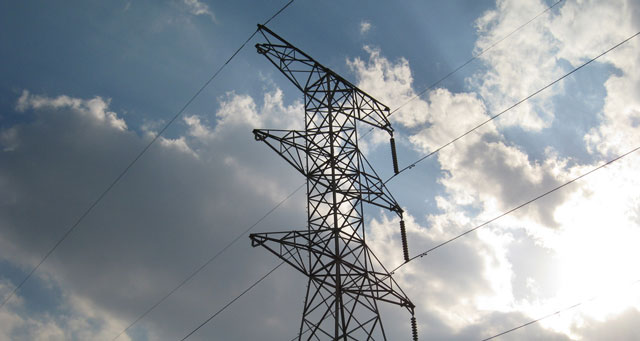
It’s time to ditch old-fashioned concepts of energy access and embrace new technologies that can help propel South Africa into an era of universal access to electricity, according to PwC.
In its report Electricity beyond the grid: accelerating access to sustainable power for all, PwC on Monday said the time is right for policy makers to take a fresh look at energy access which gives greater recognition to off-grid technology.
Based on current trends, the International Energy Agency estimates that two-thirds of the world’s population will remain without electricity by 2030, the United Nations’ target year to achieve its goal of universal access to energy.
John Gibbs, PwC’s Africa deals power & utility lead, pointed out that there are still 634m people without electricity in Africa.
“For the millions of people who don’t currently have access to electricity, the old assumption that they will have to wait for grid extensions is being turned on its head by new technological possibilities,” said Gibbs.
While current electrification strategies tend to focus on national grid extension plans, policy makers should embrace new renewable off-grid technologies and innovative business models, according to Georg Baecker, senior manager and energy policy and regulation expert at PwC.
“The combination of centralised top-down grid extension with decentralised demand-driven bottom-up strategies, in the form of mini grids and especially standalone solutions, will speed up the increase in electrification levels,” said Baecker.
PwC foresees a major transformation of the electricity sector. Angeli Hoekstra, power & utility specialist for PwC Africa, explained that technological advances are rapidly changing off-grid options.
“Falling solar technology costs have spurred the growth of standalone home systems and are changing the economics of mini-grid systems. Battery storage technology is fast evolving to the point where it is going to play a significant role in utility-scale solar power storage and is beginning to feature in smaller-scale off-grid solutions.
“Together with access to mobile technology and mobile payment systems for microloans, a new era has arrived for beyond-the-grid electrification,” said Hoekstra.
PwC makes five recommendations to help more consumers gain access to electricity at a faster pace:
- Develop an integrated energy access plan and map, so that everyone can plan with more certainty for either off-grid or grid extension solutions.
- Create an enabling environment for off-grid development. This includes clearer criteria for mini-grid development, support for skills and training and more supportive regulation to allow private players to unlock the off-grid market potential.
- Recognise the value of and promote the growth of mobile infrastructure, microloans and payment solutions in supporting energy access. Mobile infrastructure is proving crucial in the take-up of standalone home systems, giving providers a low-cost channel for customer relations and an ability to automatically manage non-payment.
- Establish an off-grid innovation and development fund. A highly visible development and innovation fund can play an important part in spurring off-grid growth.
- Have a high-level energy access champion that can drive results, to cut through bottlenecks and monitor results.
Hoekstra predicts that current established integrated power utilities could be facing a very real threat in future, especially those with an unreliable electricity supply.
This is because of technological advances in off-grid systems and battery storage, lower prices and an increase in energy efficient appliances.
Old-style utilities will have to adapt their business models to avoid major sustainability challenges ahead as more customers start going off-grid, said Hoekstra.




